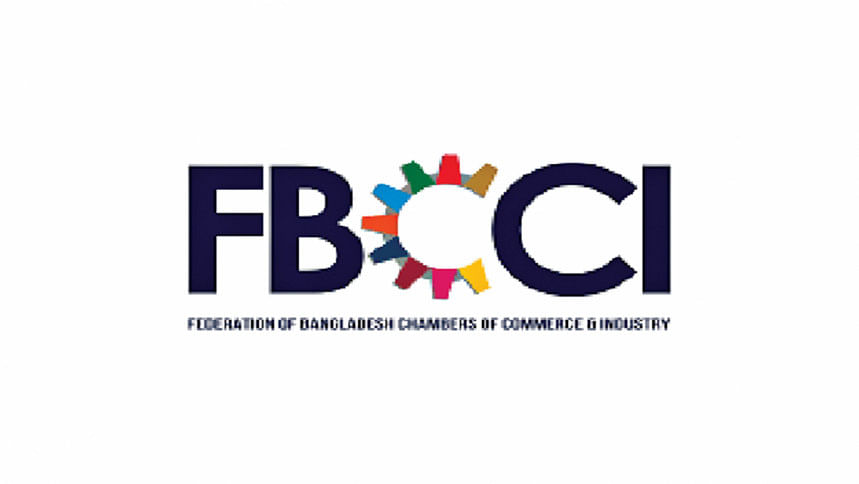Revisit VAT law as it is “too complicated”

The Federation of Bangladesh Chambers of Commerce and Industry (FBCCI) yesterday urged the government to revisit the VAT law of 2012, calling it too complicated than the VAT law of 1991.
The apex trade body of the country made the demand at the budget consultative meeting at the Hotel InterContinental in Dhaka. The FBCCI and the National Board of Revenue (NBR) jointly organised the meeting.
At the meeting, businesses demanded the government cut the corporate tax and continue incentives for various sectors in the upcoming budget for the fiscal year of 2022-23, considering the volatile situation at home and abroad.
The upcoming budget will be very critical because of the severe fallouts of Covid-19 and the Russia-Ukraine war, which have disrupted the global supply chain and hit the local economy. So, the government should keep reducing the corporate tax in the next fiscal year as well, they said.
While addressing the event, Md Jashim Uddin, president of the FBCCI, demanded the government avoid double taxation.
He called for extending the same kind of tax facilities enjoyed by the export-oriented industries to all productive sectors.
The government should introduce a tax holiday for eight years for cottage and micro industries with an annual turnover of less than Tk 15 crore, according to Jashim.
He recommended introducing the tax holiday for five years for small industries with an annual turnover of Tk 50 crore and Tk 300 crore for medium-sized industries.
The FBCCI urged the government not to classify loans until June 30 if any businessman fails to pay instalments and demanded a separate bank for women entrepreneurs.
Arman Haque, acting president of the Dhaka Chamber of Commerce and Industry, called for reducing the tax for listed companies to 23.5 per cent and for non-listed companies to 30 per cent.
Mohammad Ali Khokon, president of the Bangladesh Textile Mills Association, demanded the withdrawal of the import duty and reduction of VAT on sales of man-made fibre in the local markets.
Mohammad Hatem, executive president of the Bangladesh Knitwear Manufacturers and Exporters Association, said the government should increase the amount of incentive in the next budget so that exporters get a good package.
The apparel shipment will grow 50 per cent in the current fiscal year compared to a year ago, he said.
Adeeb H Khan, a director of the Metropolitan Chamber of Commerce and Industry, said the rate of corporate tax, which is 30 per cent, is so high that the actual tax liability ultimately goes up to 45 per cent.
"So, the government must reduce the corporate tax."
Mojibur Rahman Belal, president of the Kishoreganj Chamber of Commerce and Industry, alleged that VAT officials take bribes from local small traders. Local VAT officials also take Tk 3,000 as a bribe from each applicant for the registration of VAT-payers.
Asif Ashraf, a director of the Bangladesh Garment Manufacturers and Exporters Association, suggested the continuation of the source tax at 0.50 per cent, 10 per cent corporate tax rate for green garment factories and 12 per cent for non-green apparel units for the next five years.
Md Mofizur Rahman, managing director of SME Foundation, demanded a separate bank for SME entrepreneurs.
Responding to the demands of the business community, Finance Minister AHM Mustafa Kamal said the next budget will be a win-win budget as the government has no plan to put additional burden on businesses when it comes to revenue collection.
The revenue collection increased eight-fold over the last 13 years to Tk 259,000 crore as businesses contributed to the economy, he said.
"Still, Bangladesh is lagging in revenue collection compared with neighbouring countries," Kamal said, adding that the government will focus mainly on direct tax in the next budget.
The government will also try to reduce the tax burden, he said.
Abu Hena Md Rahmatul Muneem, chairman of the NBR, said his office is trying to expand the tax net and reduce the burden of tax on the people.
"So, we need better understanding between businessmen and tax officials for a better environment."

 For all latest news, follow The Daily Star's Google News channel.
For all latest news, follow The Daily Star's Google News channel. 



Comments